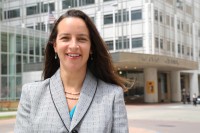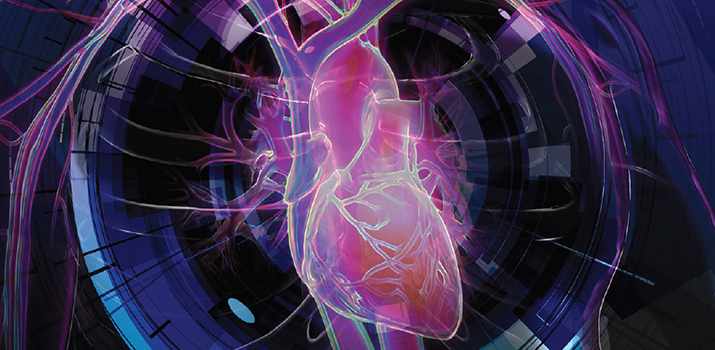-
Minnesota
Mayo Clinic Launches Eight Genetic Testing Panels for Cardiac Disorders
ROCHESTER, Minn. — Mayo Clinic’s launch of eight new next-generation sequencing (NGS) panels is intended to improve the lives of patients and families living with inherited cardiac conditions by aiding in the diagnosis and management of these complex disorders.
These disorders include hypertrophic cardiomyopathy, dilated cardiomyopathy, arrhythmogenic right ventricular cardiomyopathy, Noonan syndrome, Marfan syndrome, long QT syndrome, and Brugada syndrome. The tests, which identify inherited variants across numerous genes associated with cardiac disorders, are now available to Mayo Clinic patients and to providers worldwide through Mayo Clinic via Mayo Medical Laboratories.
“Genetic testing for inherited cardiac conditions is increasingly supported by professionals in the field as a means to confirm the specific diagnosis for patients, individualize their management, and allow for counseling of at-risk family members,” says Juan Bowen, M.D., director of Mayo Clinic’s Marfan Syndrome and Thoracic Aorta Clinic. “In some of the disorders that we treat, having a specific genetic diagnosis affects important management decisions, such as when to refer for preventive aortic repair.”
MEDIA CONTACT: Brent Westra, Public Affairs, 507-284-5005, newsbureau@mayo.edu

As an example of how genetic testing can impact at-risk family members, Linnea Baudhuin, Ph.D., a Mayo Clinic molecular geneticist who helped develop the panels, states, “If patients are affected with an inherited cardiac condition, it is likely that their children, siblings, and parents may also be at risk. In the absence of genetic testing, all of these at-risk individuals would potentially require ongoing, lifelong surveillance for development of the disease. However, if genetic testing is performed and the causative genetic variant is confirmed, those regular EKGs and echocardiograms, as well as the time and downstream costs associated with them, are no longer necessary for family members who are proven to have a negative genetic test result.”
Collaboration among clinicians and laboratory scientists has also been central to the development of these tests. “By integrating input from Mayo Clinic cardiologists and geneticists, as well as the most current peer-reviewed literature, we have implemented a wide range of panels that assess clinically relevant genes and successfully integrate scientific knowledge into clinical practice for patients,” says Dr. Baudhuin.
Testing is conducted in two CLIA-certified laboratories at Mayo: the Clinical Genome Sequencing Laboratory and the Personalized Genomics Laboratory within the Mayo Clinic Department of Laboratory Medicine and Pathology. (CLIA is the Clinical Laboratory Improvement Amendments program, a certification process for clinical laboratories established by the federal government.) With these eight new NGS test offerings, Mayo demonstrates its commitment to being at the forefront of genomic medicine. Other new genomic testing developments are underway, many of them in collaboration with the Mayo Clinic Center for Individualized Medicine, which integrates the latest in genomic, molecular, and clinical sciences into personalized care for Mayo Clinic patients.
###
About Mayo Clinic
Mayo Clinic is a nonprofit organization committed to medical research and education, and to providing expert, whole-person care to everyone who needs healing. For more information, visit http://www.mayoclinic.org/about-mayo-clinic or https://newsnetwork.mayoclinic.org/.
About Mayo Medical Laboratories/Department of Laboratory Medicine and Pathology
The Mayo Clinic Department of Laboratory Medicine and Pathology and its reference laboratory, Mayo Medical Laboratories, provide advanced laboratory testing and pathology services to support 5,000 health care organizations around the world. Revenue from this testing is used to support medical education and research at Mayo Clinic, a nonprofit worldwide leader in medical care, research, and education for people from all walks of life. Complemented by collaborations with diagnostic and biotechnology companies, the department maintains a robust diagnostic test-development program, launching more than 150 new tests each year.
About the Mayo Clinic Center for Individualized Medicine
The Mayo Clinic Center for Individualized Medicine is home to the Individualized Medicine Clinic, the world’s first integrated multidisciplinary genomics clinic, serving patients with advanced cancer and complex diagnoses. The center discovers and integrates the latest in genomic, molecular, and clinical sciences into personalized care for each Mayo Clinic patient. Visit http://mayoresearch.mayo.edu/center-for-individualized-medicine for more information.








